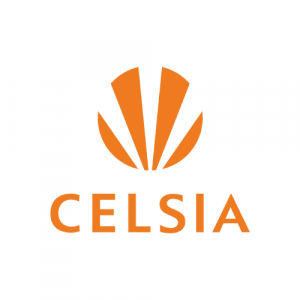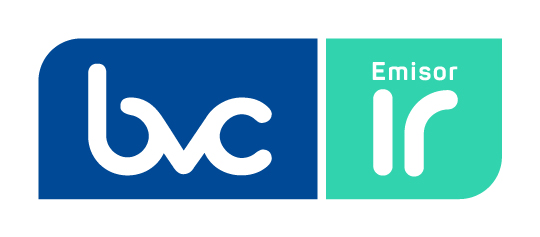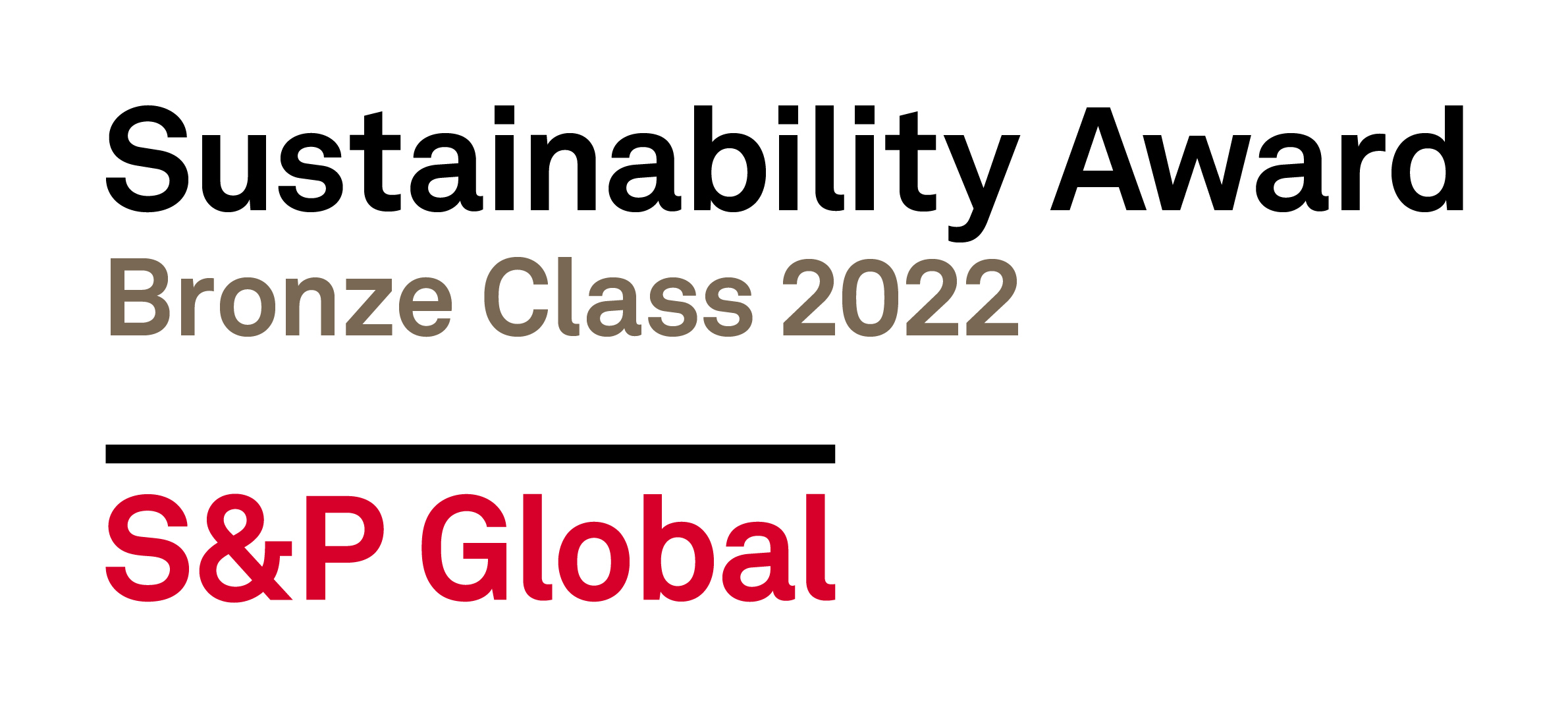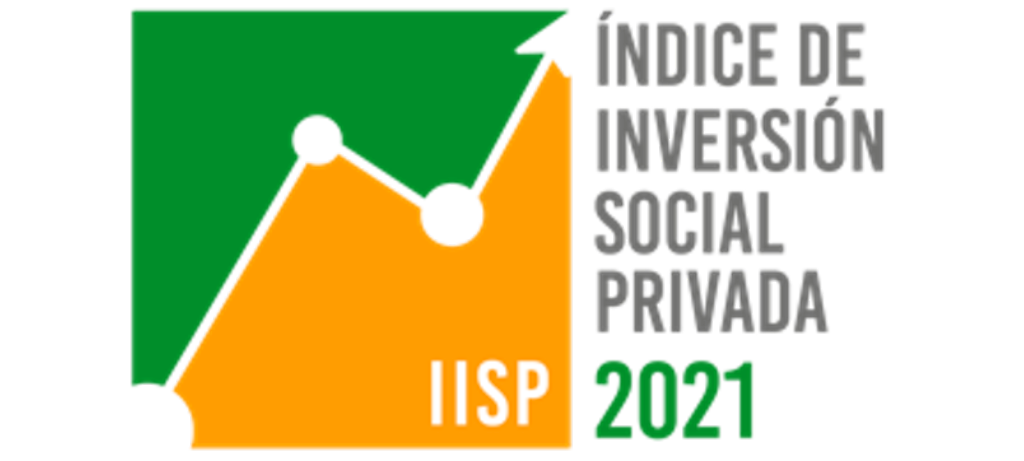We Are Partners of Development
Value Added to Society (VAS)
VAS is an exercise that we carry out, which allows us to understand how we add or subtract value to society and make the best decisions.

We want our good energy to generate value to society.
VAS – Value Added to Society – is an exercise that Celsia and all Grupo Argos companies carry out annually; it consists of a model that economically values different externalities that allow us to understand how we add or subtract social value.
Impact assessment serves as a guide to properly manage different risks and opportunities and in advance, make better decisions, continue joining efforts to enhance positive impacts, create action plans to mitigate negative impacts and be more agile and adaptable in a changing world to generate long-term shared value. We are committed to creating social value in the countries where we operate, and we seek to ensure that our decisions and actions are conscious.
This model – which is updated, developed and improved annually – was chosen after conducting a local and international literature review to identify the best practices in terms of economic-impact assessment. Based on this, we have identified 10 social, environmental and economic externalities that positively and negatively impact society with our operation.
This information can be shown with infographic-type icons, so that each externality emerges from each dimension (economic, social and environmental).
Economic Externalities
- Salaries and benefit
- Taxes
- Interest and Dividends
Social Externalities
- Talent development
- Investments in the community
- Occupational Health and Safety (SISO or SST, in Spanish)
Environmental Externalities
- Greenhouse Gas (GHG) Emissions
- Other emissions
- Water consumption
- Biodiversity
The results of the value added to society that we generated during 2021 are presented in a bridge graph:
- The First Column: This represents the value that the Organization retained for itself in the period (retained benefit)
- The Following Columns: They represent the benefits (positive impacts) or costs (negative impacts) that we generated for society. These values are added to or subtracted from the retained benefit.
- The Last Column: The result of the value added to society.
Retained Benefit
Positive Impacts
Negative Impacts
Value Added to Society
It is important to highlight that when a positive impact increases, this means that there is a greater benefit for society. When a negative impact decreases, this means that the affectation/damage to society is less.
Our Net Value delivered to Society in 2021 was USD 426 million, equal to 2.37 times the retained benefit, which was USD 179 million.
Salaries and Benefits
We can identify how the economy is stimulated by the positive impact generated by the remuneration of our employees.
The payment of salaries and benefits reached USD 79 million, an increase of 8% compared to 2020. This is because we sought to generate jobs, so that more and more Celsians contribute with their good energy. Likewise, we have a salary increase above inflation in each of the countries where we operate, in line with the Compensation Policy, which is intended to objectively, equitably and competitively manage the compensation of all employees.
Interest and Dividends
This externality has two components: the payment of interest and dividends to financial institutions (debt payment) and to Investors (dividend payment).
The impacts derived from the financial expense and the payment of dividends amounted to USD 128 million. The year 2021 was one of transition and economic reactivation after the pandemic, during which we continued to implement mitigation plans to face the impacts produced by the declaration of the emergency; the results show a solid foundation in our businesses and the strategy that we have implemented has strengthened the capacity to create value and deliver consistent results.
Taxes
We are responsible businessmen committed to paying taxes in the countries where we operate, thus contributing to the development and revitalization of the respective economies and their collective needs.
EThe resulting impact on society due to the payment of taxes was USD 78 million, representing a 9.27% increase compared to the impact of 2020. This is due to the excellent results reflected in the increase in commercial profits.
On the other hand, noteworthy is that since 2019, we have been executing projects under the Works for Taxes tax mechanism, through which companies can pay 50% of their income tax through the execution of investment projects in the areas most affected by violence and poverty. With this, we ensure a true, effective impact on the communities surrounding our operation, where we have developed aqueduct and basic sanitation projects, road infrastructure and education.
Talent Development
These are the results derived from the development and improvement of the human capital trained at Celsia. Our commitment is to train employees, to prepare them and be more competitive in the labor market. The impact of this externality amounted to USD 401,000, an increase of 202% compared to 2020.
We offer 100% of our employees training programs that promote the acquisition of skills and help them improve the management of their role and their personal skills. In 2021, we had different organizational capacity-development programs, such as the use of Office Productivity Tools, data management, process simplification, agility, soft skills and being.
Investment in Communities
The development of our areas of influence and good relations with the communities is one of our priorities. This externality is the result of the positive impacts in these areas, thanks to investment projects in community infrastructure and thanks to two new items that were added to this externality last year: Social Investment in the Promotion of Education line and Donations made by Celsia and Fundación Celsia.
The value generated to Society by investment in communities was USD 8,000,000, 206% more than in 2020. In addition to the new variables mentioned, which are taken into account as of 2021, social investment increased in general due to the fact that we managed to execute strategic projects for the communities within the framework of the Social-Management Plans, and we resumed processes that were suspended during 2020 due to the pandemic and the restrictions associated with it.
Occupational Health and Safety (SISO, in Spanish)
With this externality, we monetize the impact that the accidents of our employees and contractors have on society, when they fall ill due to work-related causes or suffer accidents during the development of their activities, events that we want to avoid at all costs.
The costs assumed in this item were equivalent to a total of USD 4.6 million. Unfortunately, it increased considerably: 545%, compared to 2020. During 2021, six employees from contractor companies lost their lives in events that could have been prevented by following the security protocols that we have. We are clear about this because all events were properly investigated and their causes identified, allowing us to learn and take action. We continue to strengthen self-care awareness with the I Choose to Take Care of Myself” (YEC, in Spanish) Program to prevent these events from happening again.
Greenhouse Gas (GHG) Emissions
We are aware that climate change is the greatest challenge in the contemporary world; for this reason, we monetize the impact of our greenhouse gas (GHG) emissions, with Scope 1 and 2.
The externality of GHG emissions reached a cost of USD 7.4 million, a decrease of 40% compared to 2020. This was due to the reduction of our emissions, going from 393,335 TonCO2eq to 231,536 TonCO2eq.
This result obtained is thanks to the fact that Scope 1 emissions associated with the operation decreased, due to the maintenance of our assets in 2021 and we managed to optimize operational efficiency, obtaining a reduction of 48% in relation to 2020.
On the other hand, in 2021 the highest level of hydroelectric generation in recent years was presented, increasing 28.02% compared to 2020, and that responded to the use of the increases in energy contributions that occurred in the basins that supply these resources, while – in parallel – wind generation increased by 11.4%. In contrast, there was a reduction in thermoelectric generation, due to the structured closure of the Bahía Las Minas Coal Plant.
Atmospheric Emissions
We quantify the impacts on air quality Associated with atmospheric pollution derived from NOx, SOx, Mercury and particulate-matter emissions. The costs generated to society derived from these emissions were USD 5.6 million, increasing by 296% compared to 2020. The primary causes were:
- In 2021, we had an increase in the NOx, SOx and particulate-matter emissions, due to the generation of energy in the Colón Thermal Complex, while in 2020, it did not have a generation contract. These emissions are associated with the combustion of Diesel and Bunker, fuels with which some generation units of the thermal complex operate. It should be noted that the Organization’s thermal-power plants in the electrical system are backups and that – in this complex – the Bahía Las Minas Thermal Power Plant no longer operates with coal.
- On the contrary, during 2021 there were no emissions associated with mercury, which are generated with the combustion of coal, due to the structured closure of the operation of the Bahía Las Minas Thermal Power Plant in Panama.
|
Central America
|
2020
|
2021
|
Variation
|
|---|---|---|---|
|
Bunker Consumption (gal)
|
1,139
|
3,916,004
|
343,711%
|
|
Diesel Consumption (gal)
|
295,180
|
1,020,335
|
246%
|
|
Coal Consumption (ton)
|
96,633
|
0
|
-100%
|
Water Consumption
We understand water consumption as the efficient use of the water resource that we have in our thermal-generation operations, and the domestic consumption of our employees in the Administrative Offices and generation plants.
We highlight the fact that the generation of hydroelectric energy makes non-consumptive use of water, resulting in lower water consumption, despite the volumes captures. The data recorded as consumption corresponds primarily to domestic and cleaning uses in the assets; namely:
In 2021, we managed to optimize 237.3 million m3 of water, as a result of increased efficiency in the turbines and the implementation of new technologies in some of our hydroelectric plants, which allowed us to minimize hydraulic losses due to leaks and generate energy with less use of the water resources, thus surpassing the goal set for savings in the accumulated hydraulic resources of 124 Mm3 by 2021.
Biodiversity
These are those impacts on biodiversity by our operations and facilities, as well as our compensation programs and rehabilitation of habitats.
In 2021, we generated associated costs of USD 27.7 million, a decrease equivalent to 11.20%, compared to the impact generated in 2020.
Although the hectares (ha.) of grasslands intervened increased by 78 ha. – compared to 2020, due to the construction of projects such as the Sahagún 500-kV substation, its gas pipeline and the El TesoritoThermal Generation Plant – we continue to develop biodiversity-conservation actions with a firm commitment to protect our ecosystems.
With our ReverdeC Watershed Recovery Program, we planted more than 3,000,000 trees in 2021, 1.5 million more than in 2020, equivalent to 1,013 hectares. These are the historical numbers of tres planted through the program:
Trees Planted Annually
Glossary
Externality: Any positive or negative impact that we generate to third parties. This represents a social benefit or cost that is not compensated in money and it not reflected in the Financial Statements.







